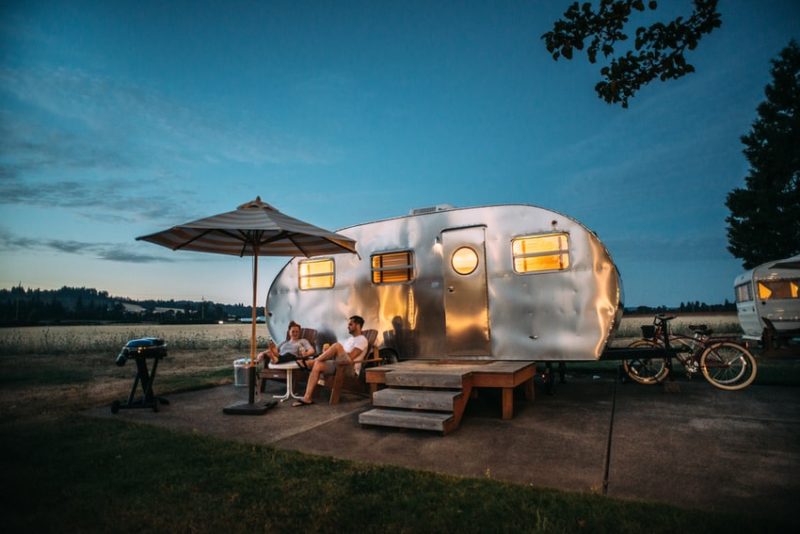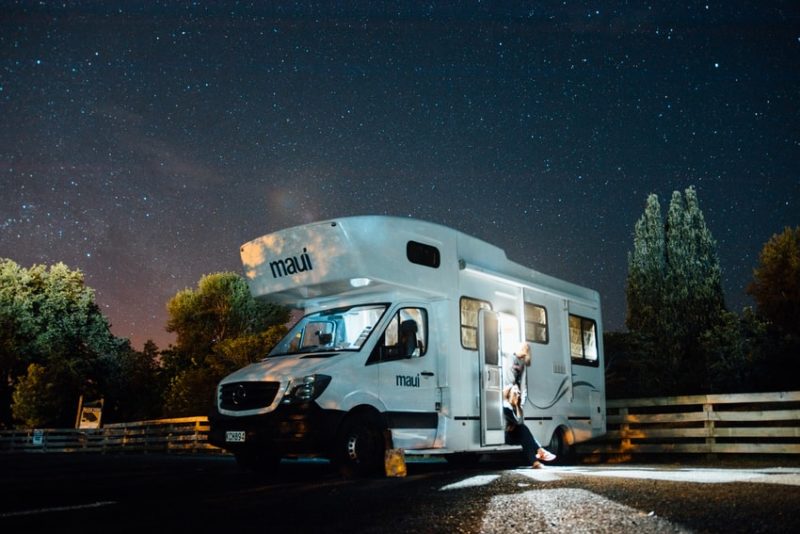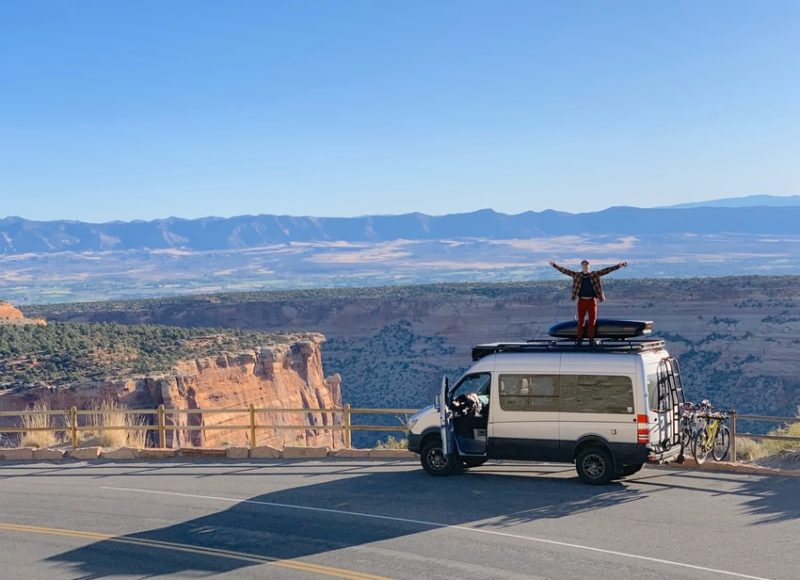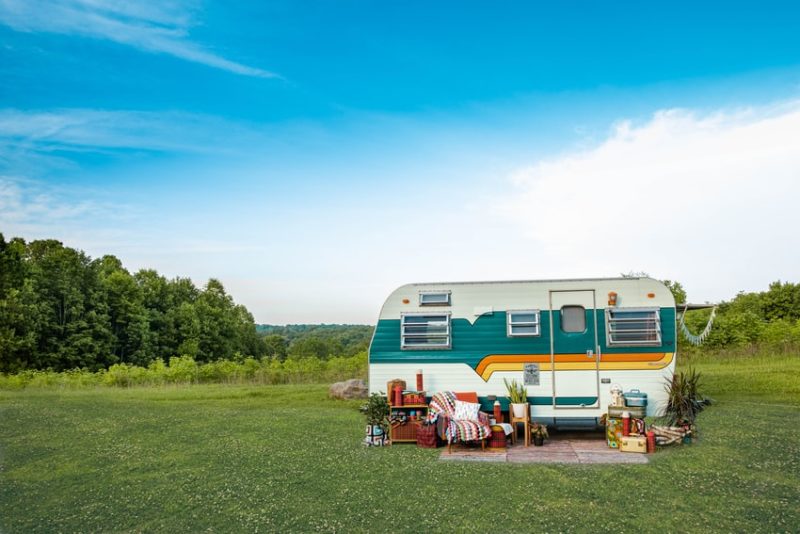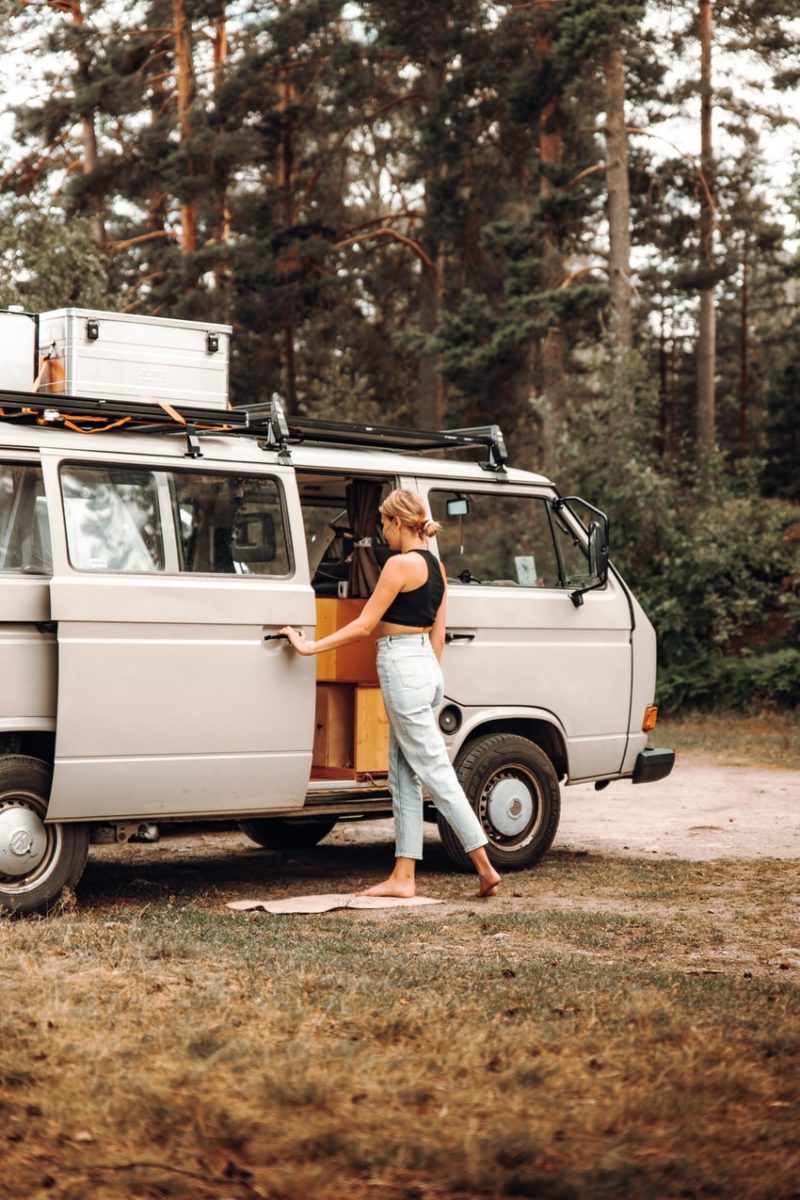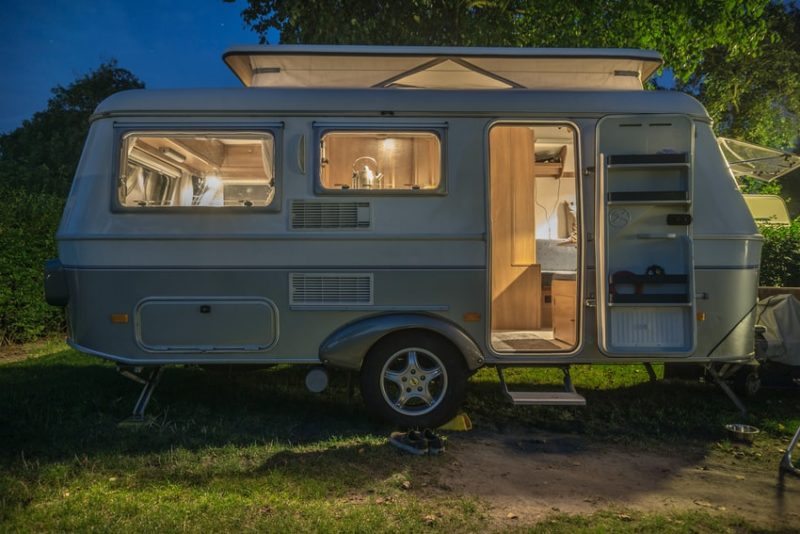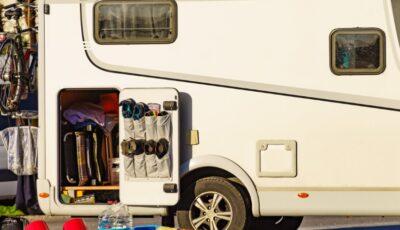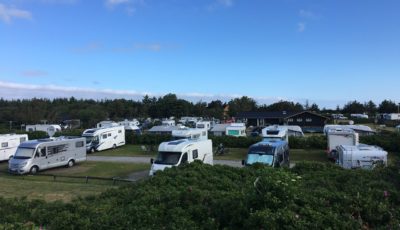Tips on How to Prepare Your Caravan as a First-Timer
Congratulations on buying your first caravan. It’s an exciting time to be alive and a great first purchase for you and your family. Or, maybe just yourself, in which case – more power to you. Buying your first caravan can be just as nerve-wracking as it is exhilarating.
That’s why it is critical to ensure you and your new rig are as prepared as possible for the challenges of the open road. If you’re worried about you and your new rig not being prepared, follow this handy guide to get the help you need to hit the road, worry-free.
Have a caravan mechanic give it a once-over
One of the most critical things you can do to ensure your own peace of mind is to have a licensed caravan mechanic give your caravan a once-over. They will do a complete review of your caravan’s mechanical systems – mostly focusing on the brakes – as these are the most important, save for the hitching system. You want to make sure that, no matter what brakes you’re using – whether mechanical or electric, your caravan will stop if you need it to.
Make sure your hitching is secure
This might be something to discuss with your mechanic. Make sure that whatever hitching system you’re using for your new rig is secure and safe. If you’ve bought a used caravan, this is especially important to double-check. Check for wear-and-tear and rust. The last thing you want is your caravan detaching on the road, causing a potentially deadly accident.
Get lots of practice with it
Some of the best advice you’ll get with any new toy is to play with it often. Your caravan is no different. Make sure you practice everything with it before you leave for the open road. Driving, parking, detaching and reattaching your hitching. It’s even worth checking how well packed, to see if there’s anything critical you’re leaving out. Make sure everything in the caravan is as secure as possible while you’re driving so that nothing breaks on the road.
Practice makes perfect, so get plenty of practice.
Check your connections
This could potentially fall under “practising”, but it is always worthwhile to check your connections when you come to park up for the night. Most caravan sites will have a water hookup available. They may even have electrical connections available as well. It’s important you check this regularly to make sure there’s no faulty wiring or corrosion around your connecting pipes. The last thing you want is to roll up, plugin and have no power, or have issues with your water due to corrosion. Always – always bring a clean water jug with you, preferably one with a filter.
Take it for a test drive
One of the best things you can do as a first-timer is to take the caravan for a test-run before you hit the open road for any more than a week. Do a couple of overnight trips in your new rig. This will allow you to see what works and what doesn’t, what you’ve packed you really don’t need and what you’ve left behind you really do need. It’ll also allow you to test how the caravan’s various systems work and if there are any major changes that need to be made before you hit the open road for an extended period of time.
Familiarize yourself with maintenance
We get it, you’re not a caravan mechanic, but you should know some of the basics of caravan maintenance, so you can save yourself in a pinch on the road and don’t have to wait hours for your nearest mechanic to make an expensive service call. Preventative maintenance is always the best policy with vehicles of any sort and your caravan is no different. Service it regularly and it’ll run like a dream. If you’re unsure of anything, be sure to call your nearest caravan mechanic with any questions you have and if you need a short tutorial to be able to fix it yourself, they may be willing to provide one.
Your caravan is going to be your home on the road, and you should learn as much as you can about it. Trial and test it out before you go solo for an extended period of time. Welcome to the club. Now it’s time to learn the ropes.

